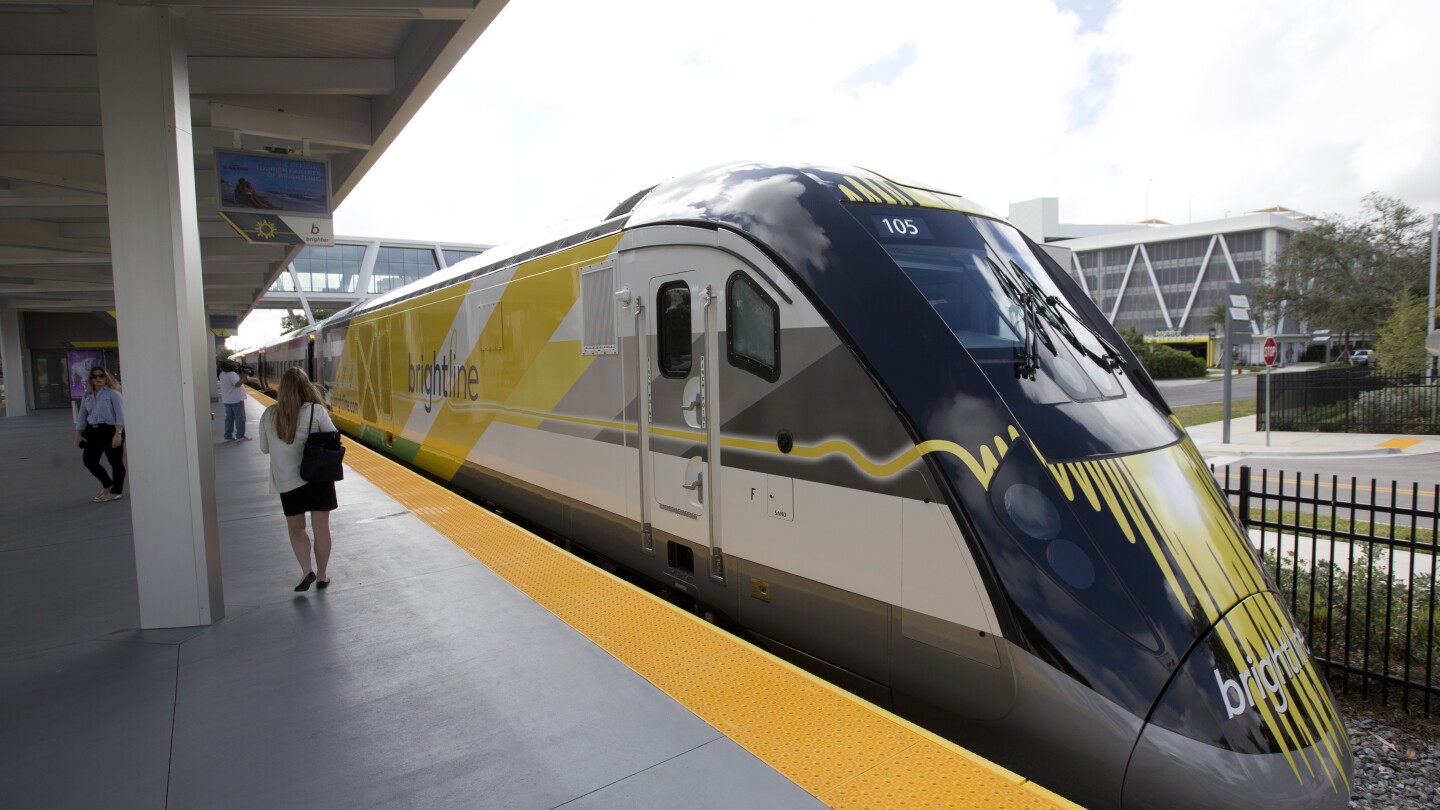- cross-posted to:
- [email protected]
- cross-posted to:
- [email protected]
Work is set to begin Monday on a $12 billion high-speed passenger rail line between Las Vegas and the Los Angeles area, with officials projecting millions of ticket-buyers will be boarding trains by 2028.
Brightline West, whose sister company already operates a fast train between Miami and Orlando in Florida, aims to lay 218 miles (351 kilometers) of new track between a terminal to be built just south of the Las Vegas Strip and another new facility in Rancho Cucamonga, California. Almost the full distance is to be built in the median of Interstate 15, with a station stop in San Bernardino County’s Victorville area.
In a statement, Brightline Holdings founder and Chairperson Wes Edens called the moment “the foundation for a new industry.”
Brightline aims to link other U.S. cities that are too near to each other for flying between them to make sense and too far for people to drive the distance, Edens said.



Which is why Brightline takes private money to get it done.
That and they’re using a right of way in the median of the highway, which is much cheaper than trying to get other land rights. Some law on the books about land adjacent to highways being available for rail.
Ah. Another Private Public Partnership.
We have those in Canada. Inevitably they fail, but not so much they’d actually die and leave room for replacement.
Those will be the public-private partnerships who have reached full enshittification. Because that’s what their boards direct them to do.